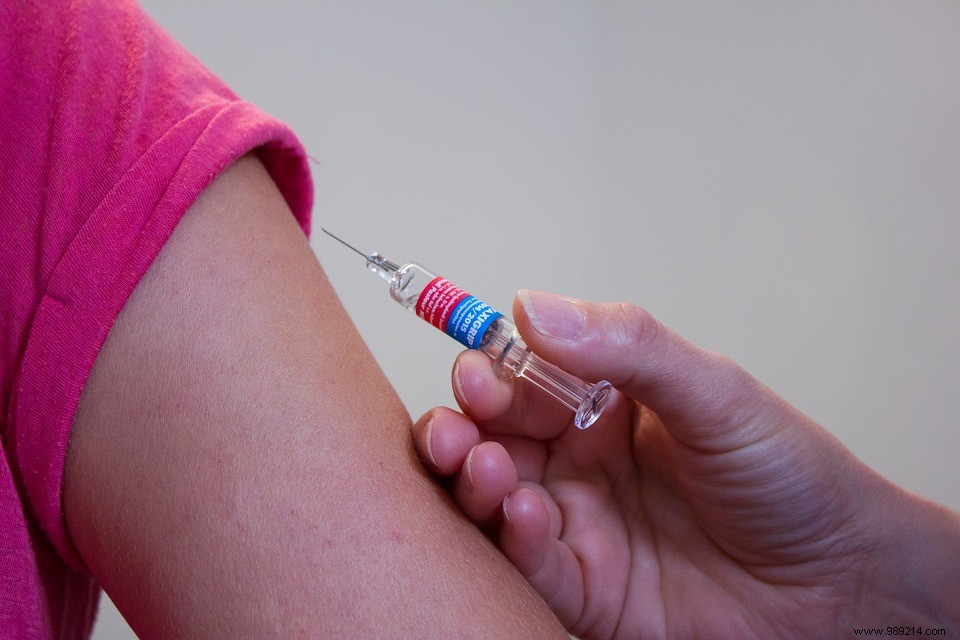As the G7 countries have just announced they want to donate a billion doses of vaccine to poor countries, a huge boost of international solidarity is born. In fact, for most observers, only a global vaccination will really turn the page on the pandemic, and the cooperation of all countries will be absolutely necessary.
With over 2 billion doses of vaccines administered worldwide, the Covid-19 pandemic finally appears to be under control, at least in rich countries. As the G7 summit opens in Carbis Bay, UK, dedicated to addressing the global health crisis and the post-pandemic world, the issue of unequal access to vaccines should occupy a central place in the discussions of the heads of state gathered from June 11 to 13 in the South West of England. A question that is all the more crucial since the emergence of variants can occur in the least protected countries, and represents a threat to any lasting resolution of the health crisis.
If the multilateral solution developed by the Vaccine Alliance, WHO and the Coalition for Epidemic Preparedness Innovations, the Covax mechanism, has made it possible to deliver more than 80 million doses in 129 countries and territories, other States are choosing to take initiatives directly.
China, which has become the world's largest producer of vaccines n passing ahead of India, took advantage very early on of the virtual disappearance of the pandemic in the country to redirect its production abroad. Beijing has already provided 231 million doses of the three vaccines it produces (Sinovac, Sinopharm and Cansino). The country plans to export up to 700 million to the rest of the world, particularly to Africa and the 27 countries that have authorized Sinopharm's vaccine. If the share of donations is a minority in Chinese deliveries, it is however significant to Asia and Africa, according to the specialized media Asialyst.
While Emmanuel Macron called, from South Africa, for a global effort in favor of the vaccination of Africa , the challenge remains to provide doses locally. This is the meaning of the initiative of the United Arab Emirates, which has set up a vaccine production site on its soil, intended for other countries, in partnership with Sinopharm. The objective is to produce 200 million doses per year of a local version of the vaccine from the Chinese laboratory. A production which will be intended primarily for the most disadvantaged countries, especially in Africa.

Other countries have also set up vaccine production units on their soil. In addition to Belgium, France and Switzerland, which now host manufacturing and packaging sites for the Pfizer vaccine, Spain has entered into a partnership with Moderna to produce Moderna Therapeutics' vaccine at the Rovi site in Madrid. . Outside the European Union, Kazakhstan and Serbia have launched production of the Sputnik V vaccine.
The issue of increasing vaccine production had prompted United States President Joe Biden to come out in favor of a release of patents on vaccines last May, followed by several Western heads of state like Emmanuel Macron. During the previous G7 last February, the major world powers had also agreed on the financing of vaccination campaigns in Africa to combat vaccine inequality . The end of vaccine exports from India, the "pharmacy of the planet" , due to the outbreak of the epidemic on its own soil, however, has led to a risk of shortage. The improvement of the sanitary situation in the country could possibly result in a future return of the Indian giant to the world production circuit.